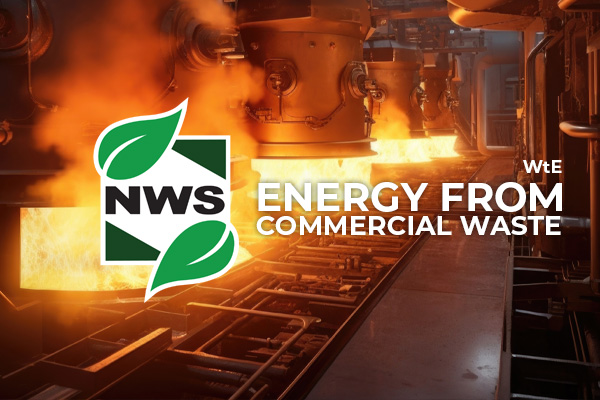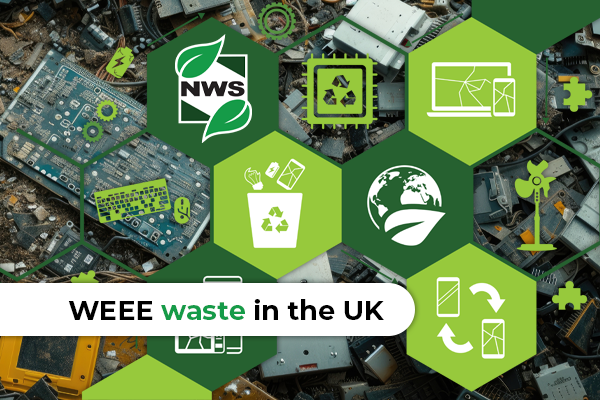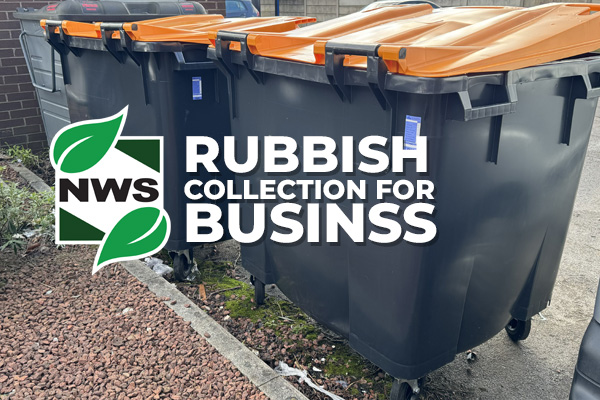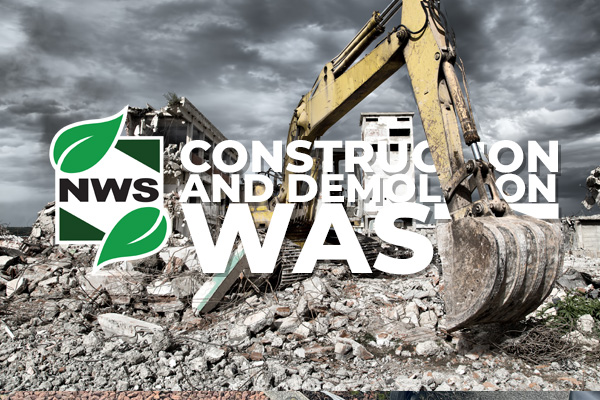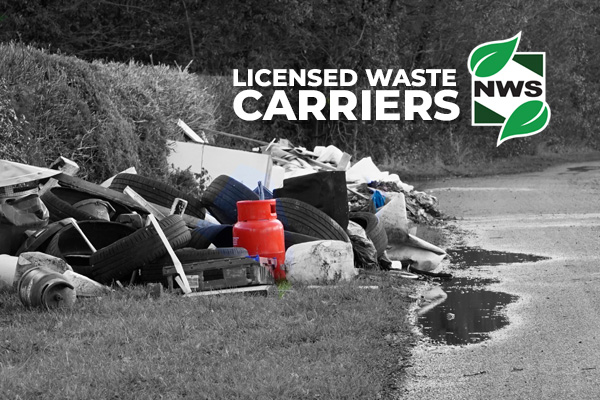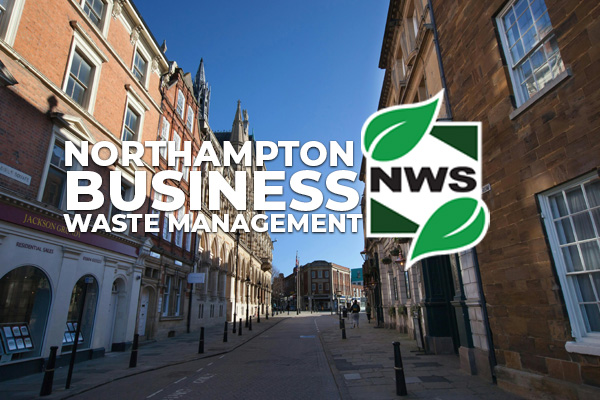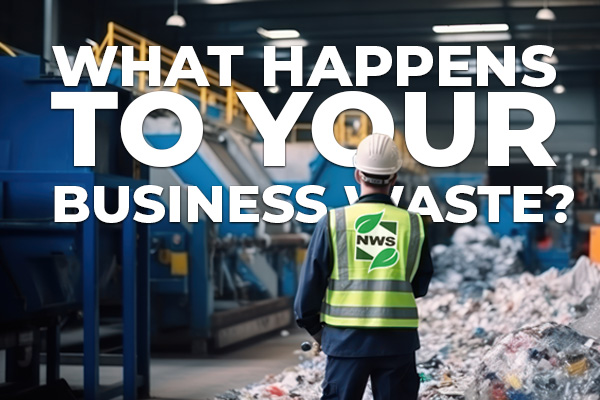When you are running a small business, waste management is a critical aspect that directly impacts both the environment and the bottom line of your businesses. Whether you own a bar, shop, fast food outlet, or restaurant, implementing a waste audit process is essential for sustainability and cost-effectiveness. In this Nationwide Waste Services, we’ll delve into the importance of waste audits, outline a step-by-step procedure, and provide you with strategies to reduce waste and maintain hygiene standards. Saving money for your business is more than just a weekly business bin collection.
Importance of a Waste Audit
A waste audit is a systematic process of identifying, quantifying, and analysing waste generated by a business. For a small business owner in the food industry, the audit offers valuable insights into waste streams, enabling you to make informed decisions to minimise waste, reduce costs, and enhance sustainability. Moreover, the waste audit process, promotes compliance with environmental regulations and fosters a positive brand image among environmentally-conscious consumers. All of this is useful to keep your business costs to a minimum.
Waste management is more than just ordering a weekly bin collection service and should be seen as something you review as your business grows.
Nationwide Waste Services
Procedure for Conducting a Waste Audit
Depending on the size of your business and where you are up to with making your operations as efficient as possible, you will find aspects of this waste audit guide useful.
- Preparation: Begin by assembling a dedicated team responsible for conducting the waste audit. This team should comprise staff members from various departments, including kitchen staff, servers, and management.
- Data Collection: Gather data on the types and quantities of waste generated daily. This includes food waste, packaging materials, recyclables, and non-recyclables. Use scales, bins, and observation to accurately measure and categorize waste.
- Analysis: Analyse the collected data to identify patterns and areas of improvement. Pay attention to peak times, menu items contributing to waste, and inefficiencies in processes.
- Documentation: Document the findings of the waste audit, including detailed reports on waste composition, quantities, and potential cost savings. Use visual aids such as charts and graphs to illustrate key insights.
- Action Plan: Develop a comprehensive action plan based on the audit results. Set specific goals and timelines for waste reduction initiatives, and assign responsibilities to relevant staff members. Regularly monitor progress and adjust strategies as needed.
Categories of Waste and Strategies for Reduction
- Food Waste: Implement portion control measures, train staff on proper food handling techniques, and consider donating surplus food to local charities.
- Packaging Waste: Opt for eco-friendly packaging materials such as biodegradable or compostable options. Encourage customers to bring their reusable containers or offer incentives for recycling.
- Recyclables: Set up designated recycling bins for paper, plastic, glass, and metal. Educate staff and customers on the importance of recycling and proper sorting.
- Non-Recyclables: Minimise the use of single-use plastics and non-recyclable materials. Explore alternative packaging solutions and collaborate with suppliers to reduce packaging waste.

Hygiene Maintenance
In addition to waste management, maintaining high standards of hygiene is crucial for the success and reputation of food businesses. Implement the following strategies to ensure cleanliness and safety:
- Regular Cleaning: Establish a cleaning schedule for all areas of the establishment, including kitchen equipment, dining areas, and restrooms. Use appropriate cleaning agents and disinfectants.
- Staff Training: Provide comprehensive training to staff members on hygiene protocols, including handwashing, food handling, and sanitization procedures.
- Inspections: Conduct regular inspections to identify any hygiene issues and address them promptly. This includes inspecting food storage areas, refrigerators, and food preparation surfaces.
- Compliance: Stay up-to-date with relevant health and safety regulations, and ensure compliance with local authorities.
And finally
For your business, implementing a waste audit process and prioritising hygiene maintenance are essential for small business owners in the food industry. By analysing waste streams, identifying areas for improvement, and implementing targeted strategies, businesses can reduce waste, cut costs, and enhance sustainability.
Additionally, maintaining high standards of hygiene is crucial for customer satisfaction and regulatory compliance. By adopting these practices, small business owners can contribute to a cleaner environment while maximising their operational efficiency and profitability.

